
Paul Gauguin Painting Reproductions 6 of 8
1848-1903
French Post-Impressionist Painter
183 Gauguin Paintings
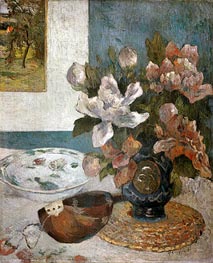
Still life with Peonies and Mandolin 1885
Oil Painting
$755
$755
Canvas Print
$96.25
$96.25
SKU: GAP-13109
Paul Gauguin
Original Size: 61 x 51 cm
Musee d'Orsay, Paris, France
Paul Gauguin
Original Size: 61 x 51 cm
Musee d'Orsay, Paris, France
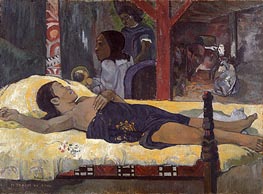
Te Tamari no Atua (Son of God) c.1895/96
Oil Painting
$929
$929
Canvas Print
$68.92
$68.92
SKU: GAP-13110
Paul Gauguin
Original Size: 96 x 128 cm
Neue Pinakothek, Munich, Germany
Paul Gauguin
Original Size: 96 x 128 cm
Neue Pinakothek, Munich, Germany
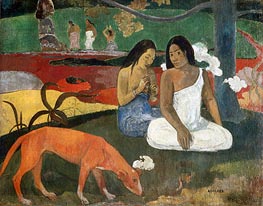
Arearea (Joyousness) 1892
Oil Painting
$926
$926
Canvas Print
$73.17
$73.17
SKU: GAP-13111
Paul Gauguin
Original Size: 75 x 94 cm
Musee d'Orsay, Paris, France
Paul Gauguin
Original Size: 75 x 94 cm
Musee d'Orsay, Paris, France
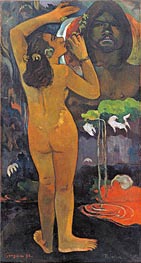
The Moon and the Earth 1893
Oil Painting
$906
$906
Canvas Print
$61.75
$61.75
SKU: GAP-13112
Paul Gauguin
Original Size: 114.3 x 62.2 cm
Museum of Modern Art, New York, USA
Paul Gauguin
Original Size: 114.3 x 62.2 cm
Museum of Modern Art, New York, USA
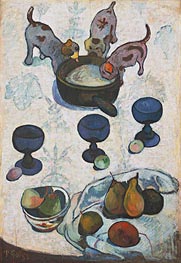
Still Life with Three Puppies 1888
Oil Painting
$853
$853
Canvas Print
$64.33
$64.33
SKU: GAP-13113
Paul Gauguin
Original Size: 91.8 x 62.6 cm
Solomon R. Guggenheim Museum, New York, USA
Paul Gauguin
Original Size: 91.8 x 62.6 cm
Solomon R. Guggenheim Museum, New York, USA
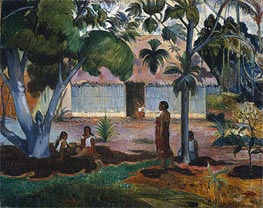
The Large Tree (Te raau rahi) 1891
Oil Painting
$936
$936
Canvas Print
$74.19
$74.19
SKU: GAP-13114
Paul Gauguin
Original Size: 74 x 92.8 cm
Cleveland Museum of Art, Ohio, USA
Paul Gauguin
Original Size: 74 x 92.8 cm
Cleveland Museum of Art, Ohio, USA
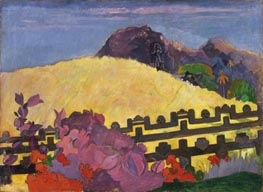
The Sacred Mountain (Parahi Te Marae) 1892
Oil Painting
$720
$720
Canvas Print
$68.40
$68.40
SKU: GAP-13115
Paul Gauguin
Original Size: 66 x 88.9 cm
Philadelphia Museum of Art, Pennsylvania, USA
Paul Gauguin
Original Size: 66 x 88.9 cm
Philadelphia Museum of Art, Pennsylvania, USA
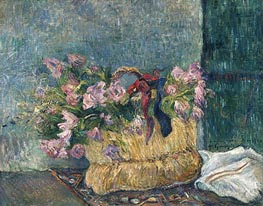
Still Life with Moss Roses in a Basket 1886
Oil Painting
$687
$687
Canvas Print
$97.76
$97.76
SKU: GAP-13116
Paul Gauguin
Original Size: 50 x 63.2 cm
Philadelphia Museum of Art, Pennsylvania, USA
Paul Gauguin
Original Size: 50 x 63.2 cm
Philadelphia Museum of Art, Pennsylvania, USA
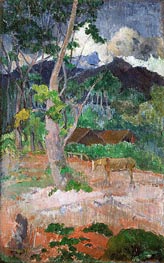
Landscape with a Horse 1899
Oil Painting
$622
$622
Canvas Print
$61.75
$61.75
SKU: GAP-13123
Paul Gauguin
Original Size: 70.8 x 44.5 cm
Saint Louis Art Museum, Missouri, USA
Paul Gauguin
Original Size: 70.8 x 44.5 cm
Saint Louis Art Museum, Missouri, USA
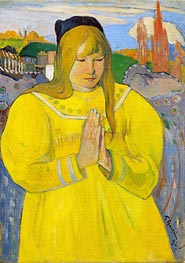
Breton Girl in Prayer 1894
Oil Painting
$717
$717
Canvas Print
$65.68
$65.68
SKU: GAP-13124
Paul Gauguin
Original Size: 65.2 x 46.7 cm
The Clark Art Institute, Massachusetts, USA
Paul Gauguin
Original Size: 65.2 x 46.7 cm
The Clark Art Institute, Massachusetts, USA
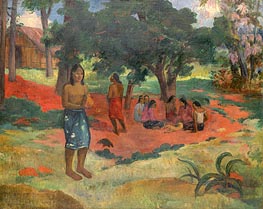
Parau Parau (Whispered Words) 1892
Oil Painting
$964
$964
Canvas Print
$74.19
$74.19
SKU: GAP-13125
Paul Gauguin
Original Size: 77.2 x 96.5 cm
Yale University Art Gallery, Connecticut, USA
Paul Gauguin
Original Size: 77.2 x 96.5 cm
Yale University Art Gallery, Connecticut, USA
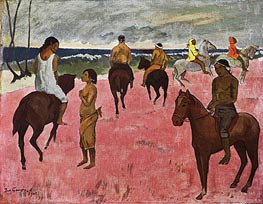
On Horseback at Seashore 1902
Oil Painting
$497
$497
Canvas Print
$61.75
$61.75
SKU: GAP-13126
Paul Gauguin
Original Size: 24.4 x 29.3 cm
Public Collection
Paul Gauguin
Original Size: 24.4 x 29.3 cm
Public Collection
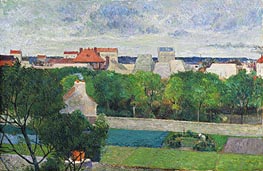
The Market Gardens of Vaugirard 1879
Oil Painting
$838
$838
Canvas Print
$61.75
$61.75
SKU: GAP-13127
Paul Gauguin
Original Size: 66 x 100.3 cm
Smith College Museum of Art, Northampton, USA
Paul Gauguin
Original Size: 66 x 100.3 cm
Smith College Museum of Art, Northampton, USA
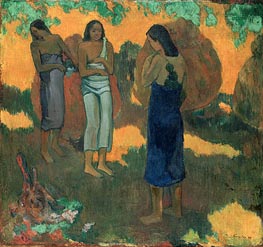
Three Tahitian Women Against a Yellow Background 1899
Oil Painting
$720
$720
Canvas Print
$87.97
$87.97
SKU: GAP-13128
Paul Gauguin
Original Size: 68 x 73.5 cm
The State Hermitage Museum, St. Petersburg, Russia
Paul Gauguin
Original Size: 68 x 73.5 cm
The State Hermitage Museum, St. Petersburg, Russia
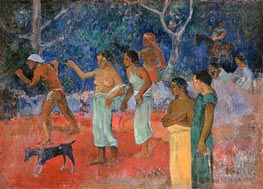
Scene from Tahitian Life 1896
Oil Painting
$874
$874
Canvas Print
$67.21
$67.21
SKU: GAP-13129
Paul Gauguin
Original Size: 89 x 124 cm
The State Hermitage Museum, St. Petersburg, Russia
Paul Gauguin
Original Size: 89 x 124 cm
The State Hermitage Museum, St. Petersburg, Russia
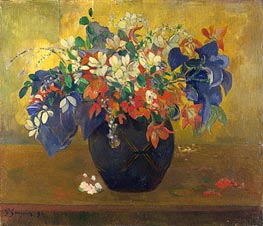
A Vase of Flowers 1896
Oil Painting
$898
$898
Canvas Print
$80.15
$80.15
SKU: GAP-13130
Paul Gauguin
Original Size: 64 x 74 cm
National Gallery, London, UK
Paul Gauguin
Original Size: 64 x 74 cm
National Gallery, London, UK
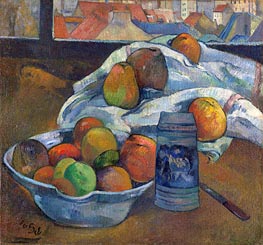
Bowl of Fruit and Tankard before a Window c.1890
Oil Painting
$795
$795
Canvas Print
$96.81
$96.81
SKU: GAP-13131
Paul Gauguin
Original Size: 50.8 x 61.6 cm
National Gallery, London, UK
Paul Gauguin
Original Size: 50.8 x 61.6 cm
National Gallery, London, UK
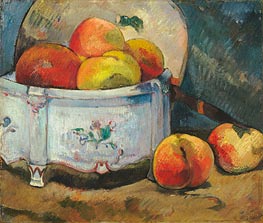
Still Life with Peaches c.1889
Oil Painting
$557
$557
Canvas Print
$61.75
$61.75
SKU: GAP-13132
Paul Gauguin
Original Size: 26 x 31.8 cm
Fogg Art Museum at Harvard University, Massachusetts, USA
Paul Gauguin
Original Size: 26 x 31.8 cm
Fogg Art Museum at Harvard University, Massachusetts, USA
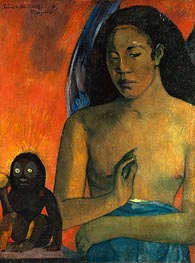
Poemes Barbares 1896
Oil Painting
$711
$711
Canvas Print
$91.47
$91.47
SKU: GAP-13133
Paul Gauguin
Original Size: 62.9 x 47 cm
Fogg Art Museum at Harvard University, Massachusetts, USA
Paul Gauguin
Original Size: 62.9 x 47 cm
Fogg Art Museum at Harvard University, Massachusetts, USA
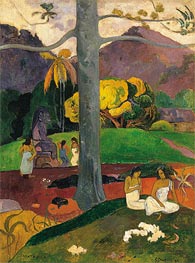
Mata Mua (In Olden Times) 1892
Oil Painting
$926
$926
Canvas Print
$69.08
$69.08
SKU: GAP-13134
Paul Gauguin
Original Size: 91 x 69 cm
Thyssen-Bornemisza Museum, Madrid, Spain
Paul Gauguin
Original Size: 91 x 69 cm
Thyssen-Bornemisza Museum, Madrid, Spain
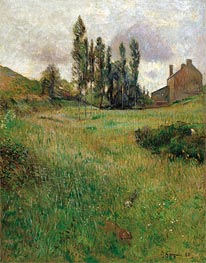
Dogs Running in a Meadow 1888
Oil Painting
$818
$818
Canvas Print
$73.34
$73.34
SKU: GAP-13135
Paul Gauguin
Original Size: 92 x 72.5 cm
Thyssen-Bornemisza Museum, Madrid, Spain
Paul Gauguin
Original Size: 92 x 72.5 cm
Thyssen-Bornemisza Museum, Madrid, Spain
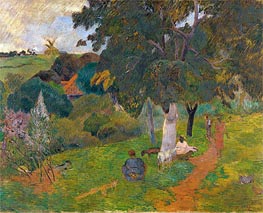
Coming and Going, Martinique 1887
Oil Painting
$932
$932
Canvas Print
$75.72
$75.72
SKU: GAP-13136
Paul Gauguin
Original Size: 72.5 x 92 cm
Thyssen-Bornemisza Museum, Madrid, Spain
Paul Gauguin
Original Size: 72.5 x 92 cm
Thyssen-Bornemisza Museum, Madrid, Spain
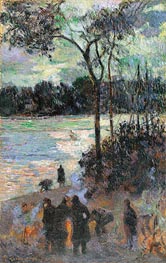
The Fire at the River Bank 1886
Oil Painting
$586
$586
Canvas Print
$61.75
$61.75
SKU: GAP-13137
Paul Gauguin
Original Size: 60 x 38 cm
Thyssen-Bornemisza Museum, Madrid, Spain
Paul Gauguin
Original Size: 60 x 38 cm
Thyssen-Bornemisza Museum, Madrid, Spain
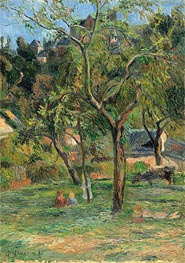
An Orchard under the Church of Bihorel 1884
Oil Painting
$669
$669
Canvas Print
$65.85
$65.85
SKU: GAP-13138
Paul Gauguin
Original Size: 65.5 x 46 cm
Thyssen-Bornemisza Museum, Madrid, Spain
Paul Gauguin
Original Size: 65.5 x 46 cm
Thyssen-Bornemisza Museum, Madrid, Spain